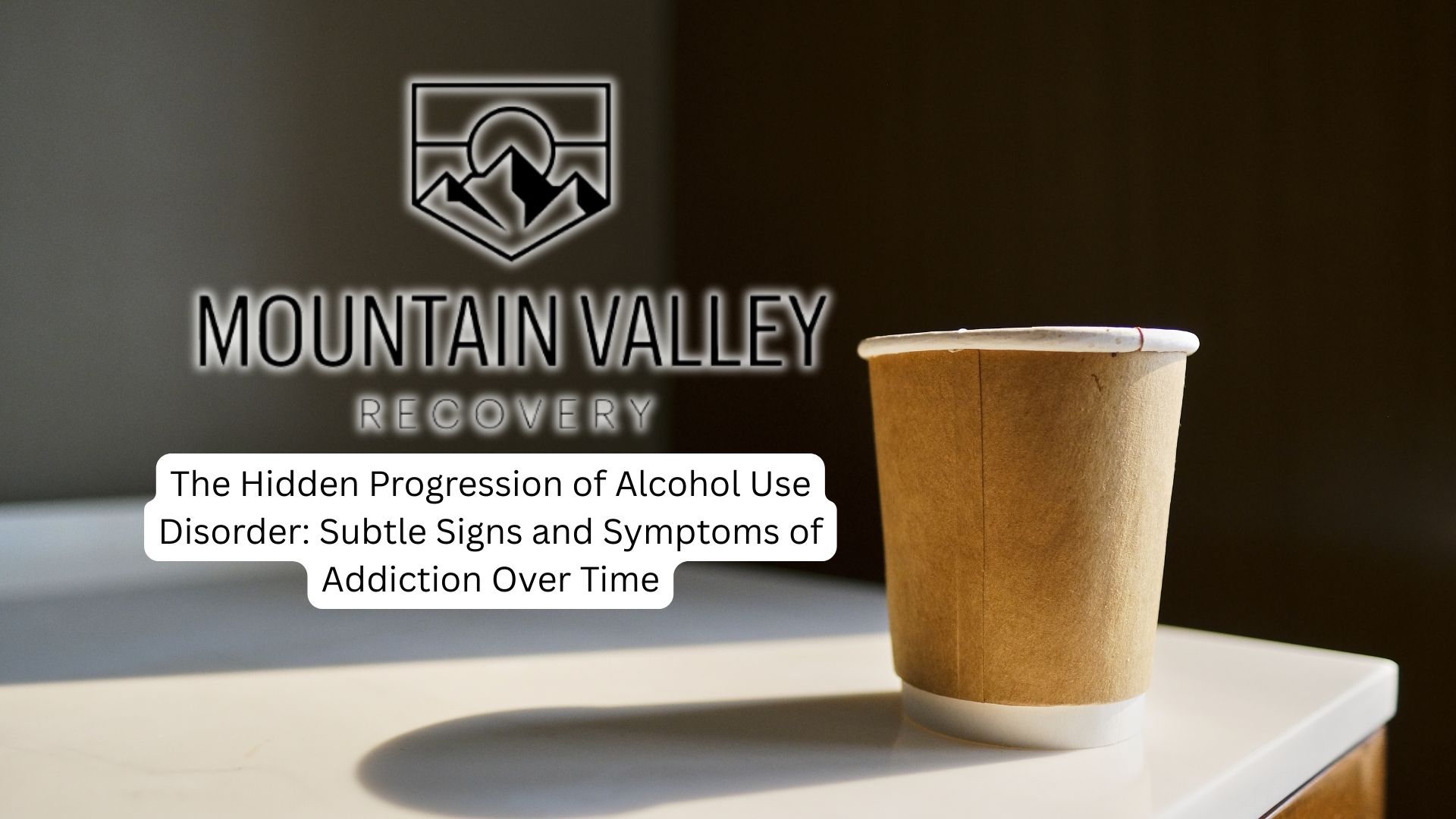Choosing the ideal rehabilitation center can be an overwhelming undertaking, considering the wide array of choices at your disposal. The decision you reach can have a profound influence on your journey to recovery and your long-term triumph over addiction.
This piece strives to navigate you through the intricate process of picking the most suitable rehab facility, assisting you in weighing the crucial factors and equipping you to make a well-informed choice.
Know Your Needs
Start by identifying your specific substance use disorder and any co-occurring mental health conditions, as this will help you find treatment options tailored to your situation. Many rehab centers specialize in different areas, so knowing your needs is crucial for finding the most appropriate facility.
Consider your personal recovery goals, such as the length of detox or preferred treatment settings, as these factors will influence which rehab can provide the most effective, personalized treatment.
Assess the severity of your addiction and your ability to maintain a stable environment during treatment to determine whether you require inpatient or outpatient services.
You must also evaluate your financial situation, including insurance coverage and available funding options, to ensure that you can access the necessary level of care without incurring overwhelming costs.
Research Treatment Options
Explore specialized treatment programs designed for your specific substance use disorders. The NAATP directory is an excellent resource for finding licensed and accredited addiction treatment providers that adhere to ethical standards and prioritize patient welfare.
When evaluating local treatment facilities, verify their treatment philosophy to ensure it aligns with your personal beliefs and values. Inquire about the availability of specialized programs tailored to your specific issues, such as co-occurring mental health conditions or trauma-informed care.
Ask detailed questions about their evidence-based treatment approaches, including behavioral therapy and other proven methods. To further assess the quality of care offered, investigate staff qualifications and the range of aftercare services available.
Seek recommendations from trusted sources, such as healthcare providers or local recovery groups, to gather insights on effective rehab options and avoid unlicensed facilities.
Consider Specialties and Therapies
Different facilities may focus on treating particular substance use disorders, such as alcohol or opioid addiction, so it’s essential to find a program tailored to your situation.
Investigate whether the rehab offers specialty programs for your age group or demographic, as this can enhance the relevance and effectiveness of treatment.
Integrated treatment is another key factor, especially if you’re dealing with co-occurring mental health issues. Look for centers that address both substance use and mental health simultaneously, providing comprehensive care.
Evidence-based therapies, such as Cognitive Behavioral Therapy (CBT) and Dialectical Behavioral Therapy (DBT), should be at the core of the rehab’s approach. These proven methods help you develop coping skills and address underlying emotional challenges.
On top of all, explore complementary therapies like art, music, or yoga, which can enrich your recovery experience.
Evaluate Amenities and Location
When assessing rehab amenities, look for centers that provide evidence-based treatments and various therapeutic options, such as CBT and recreational activities like yoga or art therapy, to enhance your overall recovery experience.
Consider the living conditions within the facility, including the quality of accommodations, privacy, and comfort, as these factors can influence your satisfaction and willingness to engage in the treatment process.
The location of rehab facilities can also significantly impact your recovery. Some individuals may benefit from a center close to home for family support, while others might prefer a more secluded environment to minimize distractions.
Many rehab facilities offer amenities such as nutritious meal plans, fitness programs, and outdoor activities, contributing to a holistic approach to recovery by promoting physical and mental well-being.
It’s essential to inquire about the facility’s policies regarding visitation and family involvement, as supportive family engagement can be crucial for successful rehabilitation and long-term recovery.

Compare Costs and Length
The cost of treatment can vary widely, ranging from $5,000 to $80,000 for 30 to 90-day programs.
While typical treatment durations are 30 to 60 days, more comprehensive recovery may require programs extending up to 90 days for extensive support. It’s important to remember that the financial burdens from long-term addiction often exceed treatment costs, emphasizing the need to address substance use disorders early.
When considering costs, investigate your insurance coverage options, which can significantly impact out-of-pocket expenses. Explore the Affordable Care Act, Medicaid, Medicare, and private insurance to determine your coverage.
If you’re uninsured, many rehab centers offer sliding scale fees or payment plans to make treatment more accessible. As you research potential treatment facilities, discuss their financial options to ensure you can access the care you need.
Verify Credentials and Reputation
Check if the rehab is accredited by recognized organizations like the Joint Commission or NAATP, which confirms it meets established quality standards. Verify the facility’s licensing status with state regulatory agencies to ensure compliance with local laws governing addiction treatment.
Research the rehab’s reputation by reading online reviews, testimonials from former patients, and ratings on platforms like the BBB to gauge others’ experiences.
Inquire about the qualifications and credentials of the staff, including licensed therapists, medical directors, and addiction specialists, to confirm they’ve the necessary expertise.
Look for any history of complaints or sanctions against the facility through state health department records or professional organizations to identify potential red flags.
Plan for Aftercare
Many treatment centers offer complimentary aftercare services, including support groups, for up to two years post-treatment to aid in sustained recovery.
These programs provide opportunities for former patients to connect, share experiences, and support each other in their recovery journeys.
Effective aftercare planning often involves a combination of therapy sessions, support group participation, and access to community resources tailored to individual needs. Engaging in aftercare is associated with lower relapse rates, emphasizing the importance of ongoing support in the recovery process.
Final Thoughts from Mountain Valley Recovery
For men who are looking for a supportive and personalized environment for their recovery, the inpatient rehab program at Mountain Valley Recovery offers a unique opportunity. Our facility, which is exclusively for men, provides a space where you can concentrate on your healing without any distractions, in the company of peers who understand what you’re going through. Our comprehensive programs incorporate evidence-based approaches, equine therapy, vocational training, and a supportive community to give you the best chance at achieving lasting recovery.





